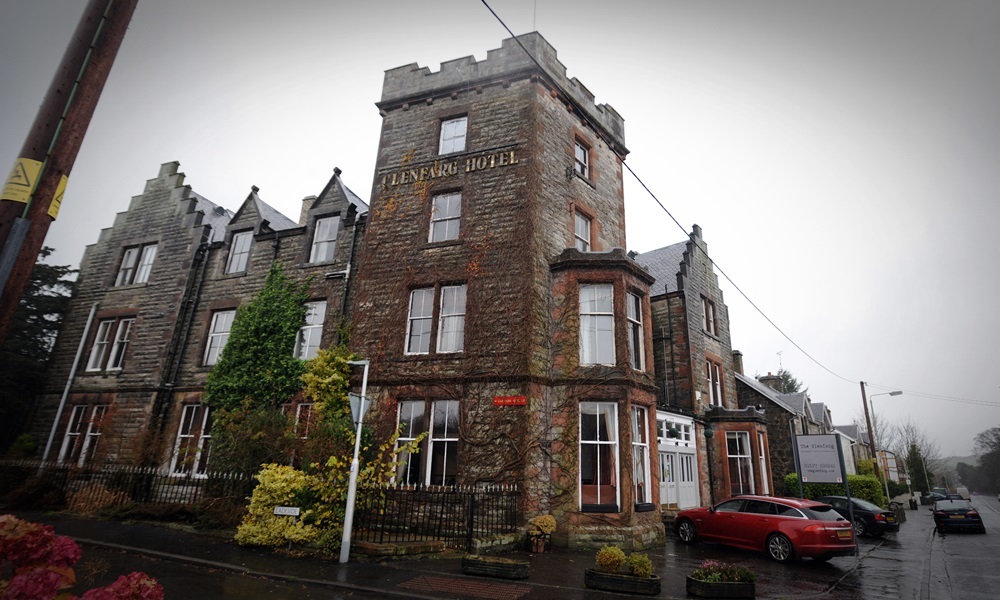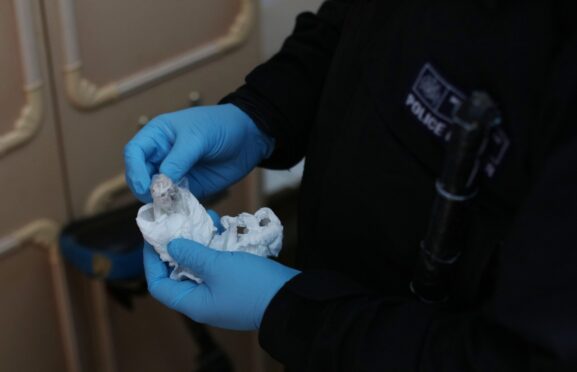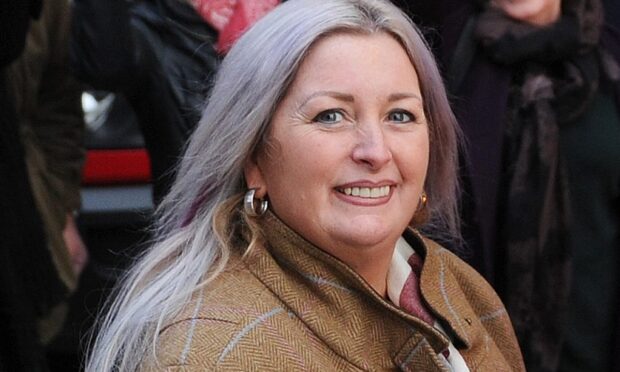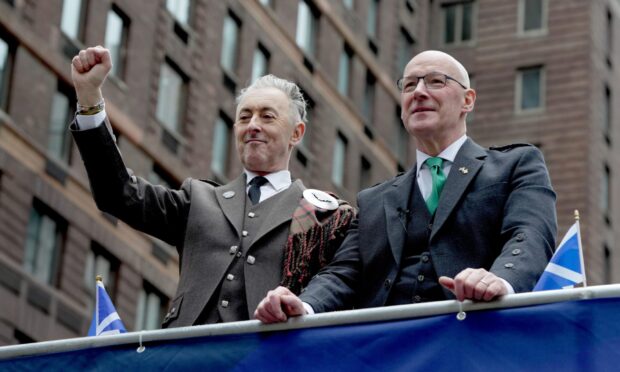A spat between a Perthshire hotel owner and local residents is set to continue despite the council rejecting plans to build flats at the site.
The local authority have knocked back the proposals to build 12 flats at the Glenfarg Hotel on the basis that the plan is contrary to the local development plan and also contrary to the Scottish Government’s planning policy.
This is the latest scenario regarding the Glenfarg Hotel, after John Hewitt, who ran it, deciding to close the premises and lodge a plan to build flats at the site.
Mr Hewitt, a director of Arngask Hotels Ltd, claimed he could not afford to re-open the hotel as it was not “economically viable.” He also alleged there was a “hate campaign” directed towards him and his family, which was carried out on social media.
He previously told The Courier he lost an estimated £100,000 last year.
The announcement to close the hotel was met with anger by many local residents, some of whom formed The Glenfarg Hotel Action Group.
Steve Whiting, one of the group, claimed the flats plan would rip the heart out of the village, and also stated that it was being done for “financial gain.”
It’s been established that 164 letters of objection have been received in relation to the flats plan for the Glenfarg Hotel, with only one letter lodged in support.
A host of reasons have been given for the objections, and these include the proposal being contrary to the local development plan, the loss of the hotel will be detrimental to community cohesion, character and environment of the village, road safety concerns, traffic congestion and lack of parking.
Opponents also feel that the hotel business has potential to be run viably in separate ownership with a different management style, and its loss will increase the need to travel and residents claim the bus service to and from Glenfarg is limited.
A report drawn up by Perth and Kinross Council recommends refusal of the flat plan and also calls into question the applicant’s supporting statement.
“A supporting statement has provided details of the hotel’s previous ownership and the historic marketing undertaken prior to the purchase in 2013,” it states.
“This is useful in setting the scene but the accuracy of this has been questioned in letters of representation.
“The applicants’ supporting statement is not sufficiently robust in confirming the open marketing strategy undertaken. It is not clear when open marketing commenced or the dates and times that the property has been available on portals/websites/marketing companies and adverts.”
The council decision to refuse the application has been appealed by the applicant. As a result, the matter will now be discussed at a local review body on April 26.










